As a business owner, just the thought of search engine optimization (SEO) could be enough to drive you mad. It’s easy to get lost among the masses of information out there, when all you may want is a clear set of guidelines that will guarantee results.
While Google isn’t exactly transparent about how it ranks sites in the search engine results pages (SERPs), we know some things will boost your rankings for sure. And one of those things is Google EAT SEO.
In this article, we’ll explain in detail what EAT SEO is. We’ll then offer some advice on how you can optimize your website for these ranking factors. Let’s get started!
An Introduction to Google EAT SEO
EAT stands for expertise, authoritativeness, and trustworthiness. These are the three key factors the search algorithms use to measure a page’s overall quality. The concept was first published in 2014 as a part of the Search Quality Evaluator Guidelines (SQEG).
However, the SEO industry only began to appreciate the importance of page quality in 2019, when Google’s Medic update was released.
EAT was introduced to address the issue of low-quality content showing up in search results purely because of keywords. Nowadays, ranking algorithms focus on a publisher’s reputation and purpose, as well as the reliability of their content:
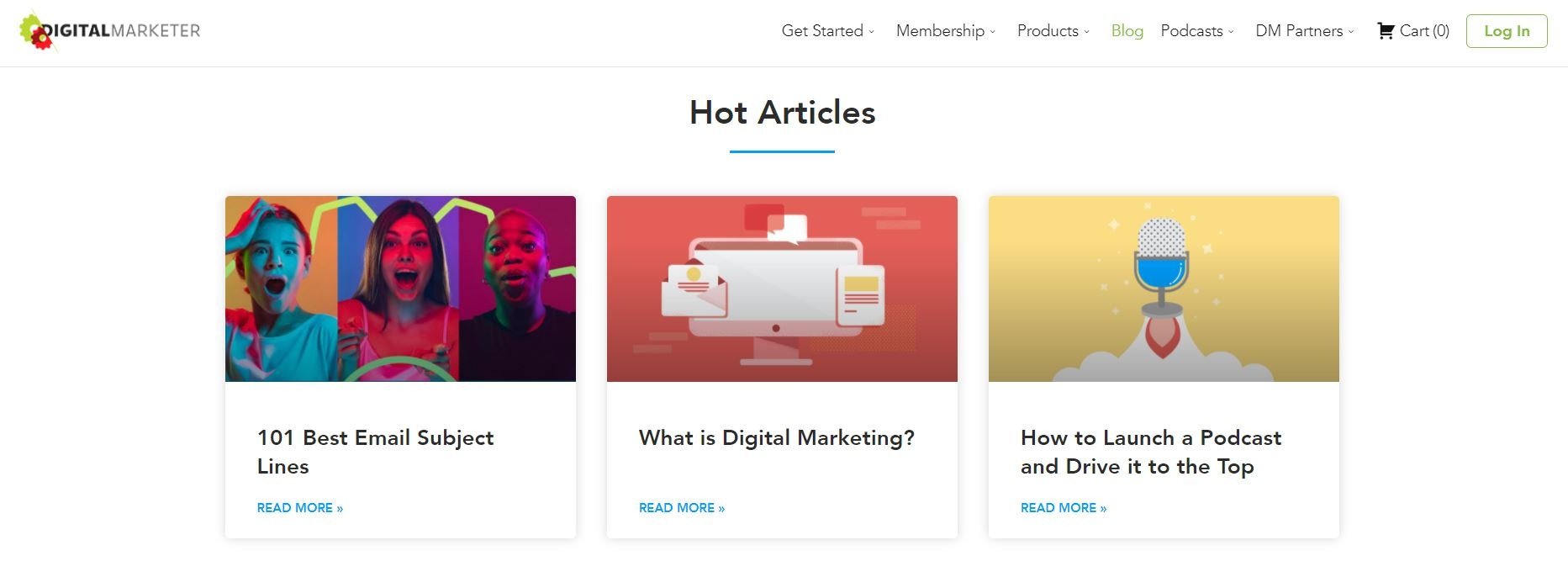
Many don’t realize that Google has a group of real, live human beings whose sole responsibility is to evaluate web pages based on EAT guidelines. These team members are called “quality raters”. When a quality rater completes an evaluation, Google uses their responses to fine-tune its algorithm.
If you’re wondering how Google EAT SEO can help you attract more visitors, it may be useful to think about the purpose of SEO in general.
The search engine’s goal is to give users the most accurate, helpful results possible. If users who land on your page actually find what they’re looking for, you’re more likely get noticed in Google’s algorithm.
That means your page is more likely to land high up in the SERPs. The higher your page is in the SERPs, the higher your conversion rate.
How to Optimize Your Site for Google EAT SEO
Now that we’ve discussed the concept of EAT and how it applies to you, let’s talk about how you can optimize your content for these ranking factors.
Most of what’s known about page quality optimization comes from the SQEGs. Using these guidelines, we can see precisely how the search engine displays results in the SERPs based on perceived quality. This helps us understand what we need to do to optimize existing websites.
In this section, we’ll cover what the SQEG says about expertise, authoritativeness, and trustworthiness. We’ll also explain some strategies you can use to optimize your content for page quality algorithms.
If you’re feeling overwhelmed by yet another set of optimization rules to follow, don’t. Just remember that the overarching goal is quality.
If you always approach content creation with quality in mind, you’ll be following the EAT guidelines without even realizing it!
1. Expertise
Expertise is all about the editor, writer, or organization behind a piece of content. It focuses on how much experience they have in their field, and how qualified they are to deliver information to the public.
For example, a blog post on nutrition written by a credentialed nutritionist is going to rank higher than a blog post on the same topic written by a freelance writer for a content farm.
At the same time, if a nutrition advice article is well written by a freelance writer, and the article includes links to high quality sources, that article can also earn high ranking.
Your Money or Your Life (YMYL)

In the world of Google quality rating, the term Your Money or Your Life (YMYL) is super important. When presented with a page to evaluate, Google quality raters are trained to first ask two questions:
- Does this content affect the user’s finances and…
- Does this content affect the user’s well being (life).
If the answer to either question is yes, the rater automatically holds that page to a much higher quality standard.
Following are a few examples of content that would be considered YMYL:
- Pages asking for personal information that’s vulnerable to identity theft (ID numbers, bank accounts, driver’s license, social security numbers, etc.)
- Pages used to make monetary transactions (any page where the user can buy something)
- Content presenting medical or health advice or information
- Content presenting advice on life choices (topics like parenting, making a large purchase, like a home or a car, etc.)
- Content presenting advice on big life issues that could affect the user’s future happiness or finances (e.g. legal or financial topics)
Many people don’t realize that Google quality raters are even required to conduct research “off the page” if they have reason to believe expertise is in question.
That means they may go hunting around the internet to find information about your business, including customer reviews, Better Business Bureau complaints, and the like.
As a content creator, then, you should always focus on providing accurate and informative content.
For example, for blog posts on YMYL topics, you might consider looking for an expert to guest post if the topic isn’t in your own area of expertise. If that’s not possible, be sure to backup your information with links to high quality sources.
2. Authoritativeness
Google determines authoritativeness based on how reputable a publisher is in the eyes of other industry experts.
For example, the Mayo Clinic blog is considered highly authoritative when it comes to any kind of healthcare content. And TIME.com is considered a high authority source of news content.
One of the best ways to improve your own site’s authoritativeness is to build backlinks. However, it’s important to ensure that links to your site are from high-authority domains.
You can use a tool like SEMrush to check the domain authority (DA) of other websites:

Domain Authority
Domain authority ranges from 1 to 100. If a page has a high DA, that’s an indication that Google considers it a reputable source. Therefore, a backlink from one of these sites will have a much more positive influence on your own site authority.
The goal of an authority-building strategy should be to get as many links to your site as possible from other high-quality pages.
When evaluating whether to pursue a backlink from a website, consider the following:
| DA Score | What It Means |
| 60+ | Excellent – Go for it! |
| 50-60 | Good – Go for it! |
| 40-50 | Average – A safe bet |
| <40 | Low – Probably Avoid |
A quick note on DA and new sites. A really great quality but newer website may have a low DA simply because it’s new. In a case like that, use your discretion to decide whether linking is a good idea. Consider things like…
- Whether the new business is set to take off, and therefore building a relationship could be beneficial to you in the future
- Whether the page you want to link to has info that would be highly useful to your users (remember, usefulness should be your first consideration)
In either of those cases, linking to a lower DA site could be a good idea.
3. Trustworthiness
A website’s trustworthiness is a measurement of how existing users respond to the site’s content. If your audience takes action on what your content asks them to do, it shows others that you’re a trusted source.
On a plumbing site, for example, the call to action (CTA) might be to request a quote. If the user converts into a customer, they’ll either have a good or bad experience with the business.
When users take to the internet to share their experiences, they’re essentially telling Google whether or not that business can be trusted. And Google listens.
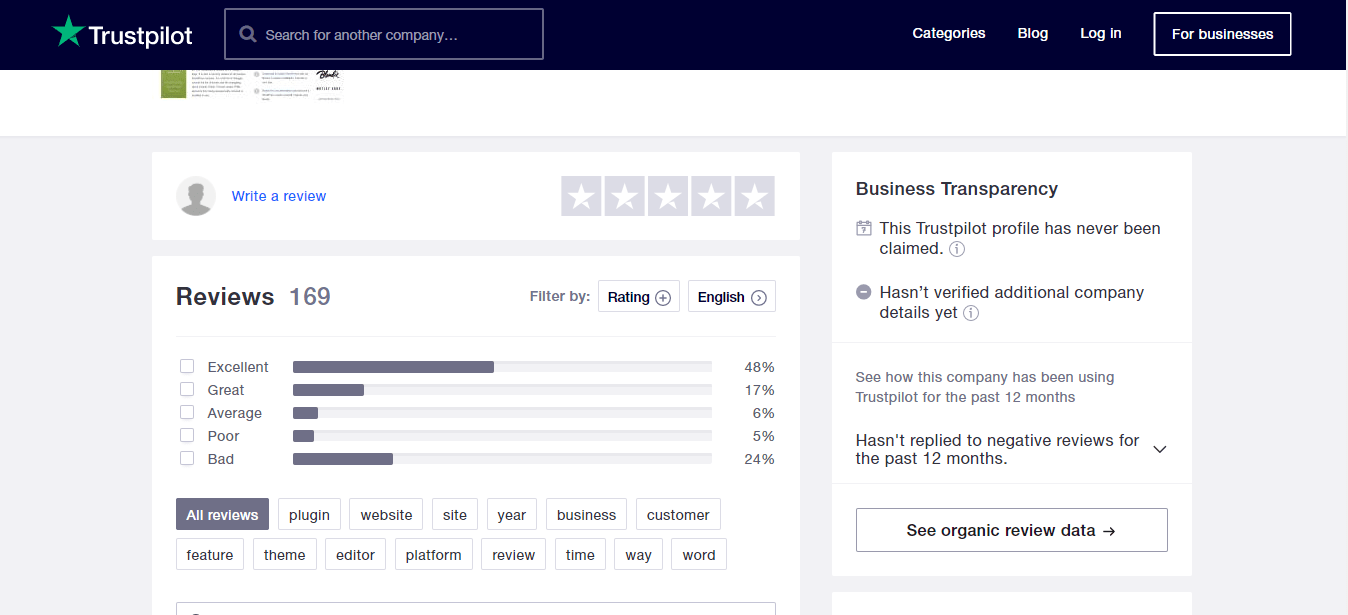
So it’s a good idea to ask your loyal customers to leave reviews about your business. For instance, you could send follow-up emails after they complete an order on your site, or incentivize reviews with discounts or reward points.
MemberPress has all kinds of built-in automation tools and available integrations to help with gathering these kinds of reviews. The WP Ultimate Review plugin is another excellent tool to help you collect and manage reviews for your site.
Site Elements
Google also considers site elements when evaluating a website for trustworthiness. Following is a list of elements that can negatively affect your ranking:
Spammy design elements
Things like too many pop-ups, intrusive ads, poor layout, and poor UX and UI affect the trustworthiness score.
Lacking Contact information
The more the better. There should be several ways to reach the site owner, aside from a generic contact submission form. Even making sure there’s an email address in your privacy policy or terms and conditions can help.
But this varies depending on whether the site qualifies as a YMYL site. If it does, you should provide an email, phone number, and physical address, if possible.
If it’s not a YMYL site, a contact form with an email address on the privacy or terms and conditions page is good enough.
outdated content
A copyright from five years ago is a huge red flag. But fortunately, it’s an easy fix. Just set yourself a reminder to update your copyright every January. Also, a site without regular updates and fresh content can be rated as untrustworthy. So make sure you create a content update schedule – even a once-per-month blog post is much better than nothing.
Conclusion
Google EAT is a set of clear guidelines you can follow to improve your website’s rankings in search results. Even for experienced publishers, these guidelines hold the core concepts for how sites are ranked.
In this post, we shared some tips to help you optimize your Google EAT SEO ranking factors:
- Expertise. As a content creator, make sure the content on your site is helpful and accurate, and that it comes from qualified sources.
- Authoritativeness. You can publicize the fact that others view you as a reliable source through the use of backlinks from high-authority sites.
- Trustworthiness. You can ask customers to tell Google that they trust you by leaving reviews.
Keep these tips in mind. And, above all else, focus on producing well-written, thoroughly researched content, and you’ll be well on your way to reaching page-one status.
Do you have any questions about Google EAT SEO? Let us know in the comments section below!
If you liked this article, be sure to subscribe in the box at the upper right!

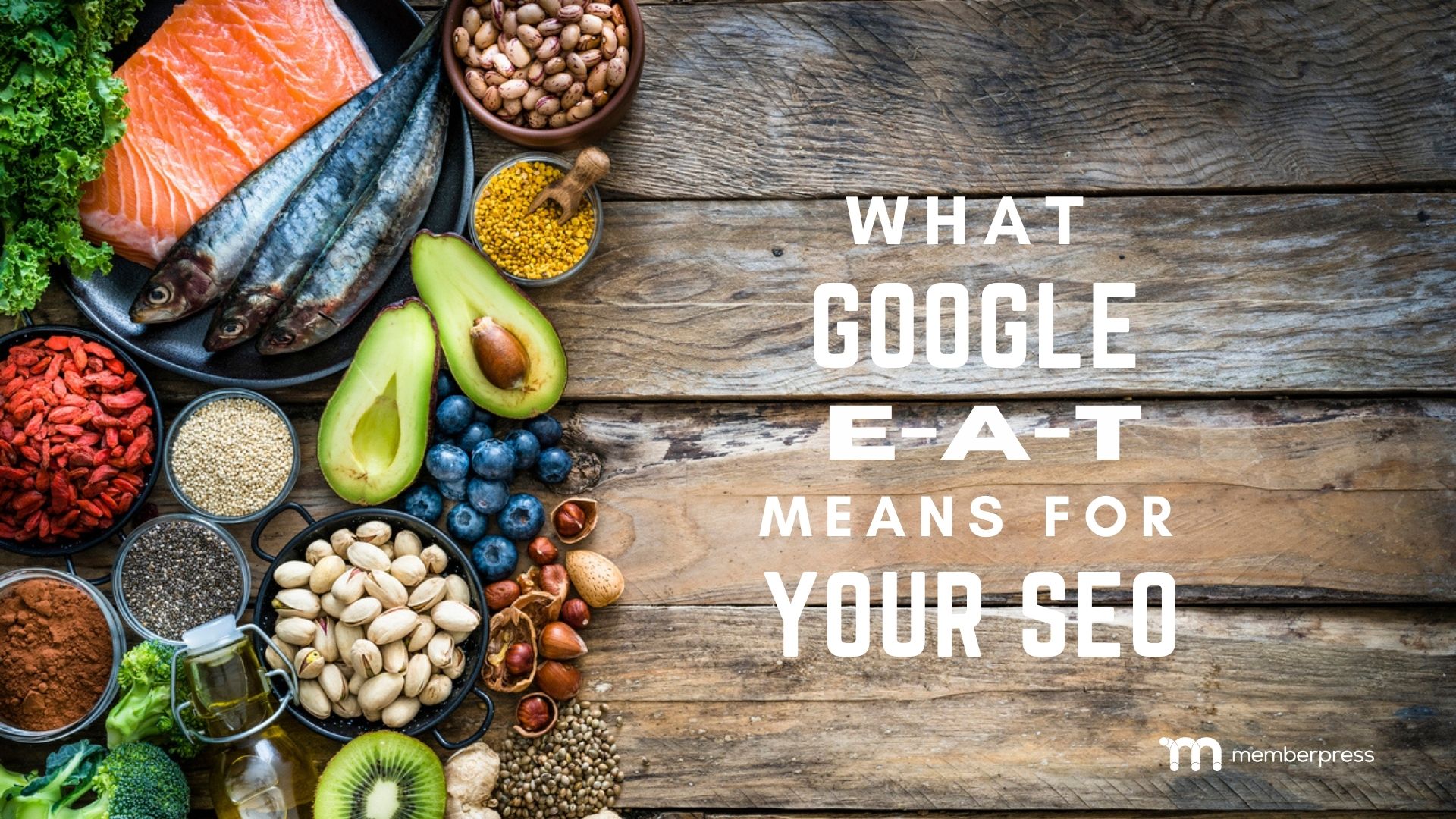
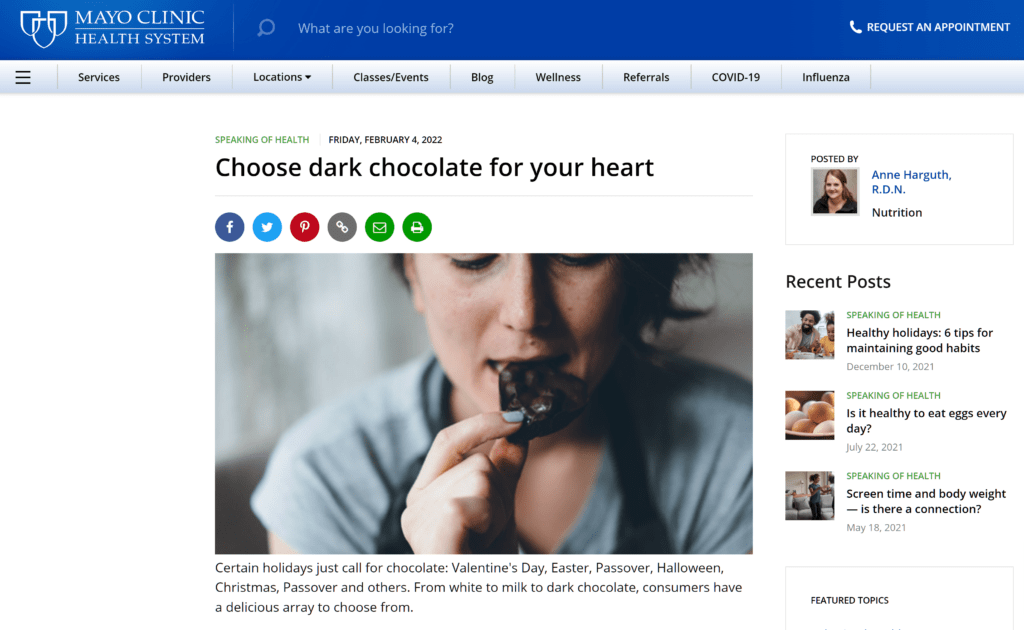






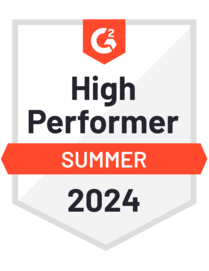


…there are some very good points in here that most new website owners need to be aware of. So, if you’re a newbie to the world of website building, this is a great starting point at understanding how search algorithms work.
Would writing about a condition/injury I have had for over 20 years and how it affects everyday life be worth pursuing , or is the possibility ranking with EAT algorithm written by an “everyday joe”
going to be near on impossible?
thanks
Hey James! A blog post about your experience with a disability and how it affects your work life could most certainly rank in the SERPs. The key is to create high quality content – well written, edited, and long-form (at least 1500 words, but over 2000 is best). Also, choose and use a good keyphrase. One good way to find your keyphrase is to conduct a Google search, then scroll to the bottom of the page, and check out the list of suggested searches. You might also want to read out post, How to Use Google Keyword Planner to Ignite Your Site. Hope that helps!
Take care,
Syble